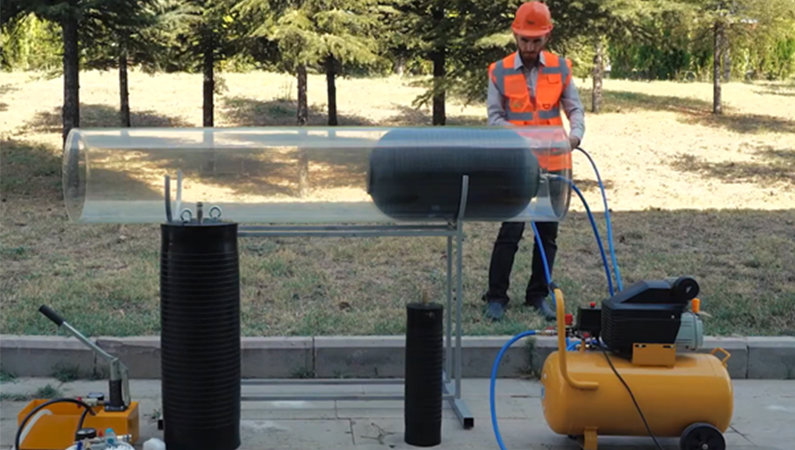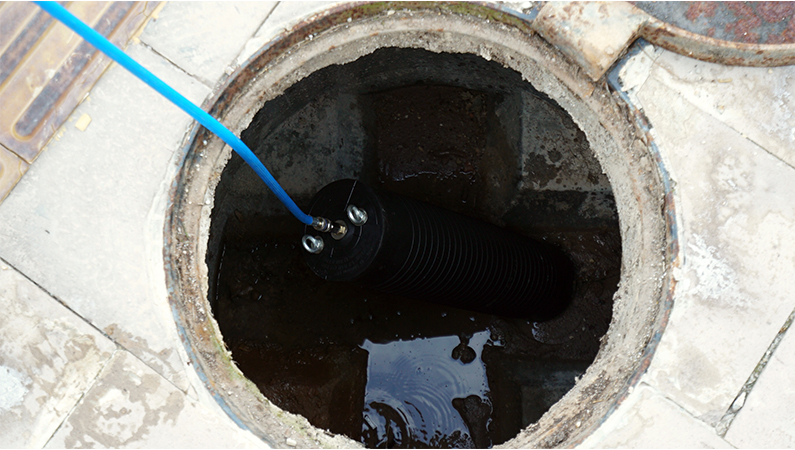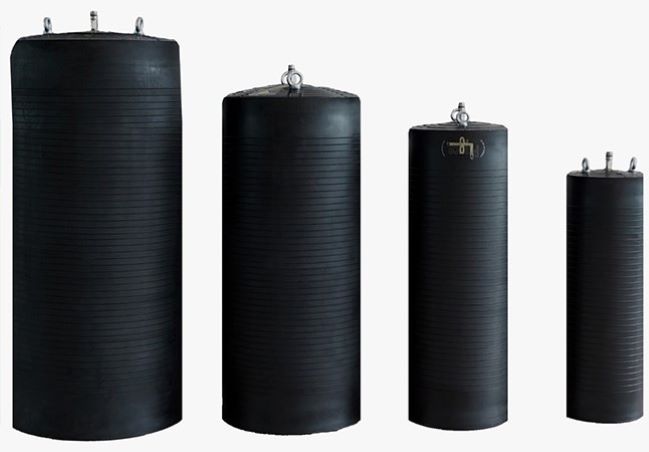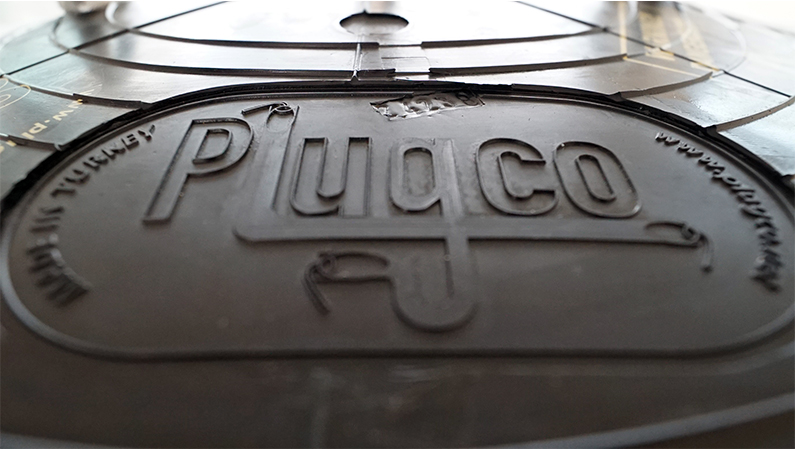Testing large diameter pipelines is subjected to many challenges that require careful planning, advanced technology, and expert personnel. The large pipelines are the backbone of many industries such as oil, gas, and water supply. Overcoming the challenges in pipeline testing is important to prevent costly failures and environmental hazards.
Common Obstacles in Pipeline Testing
There are many challenges that can affect the pipe leak testing process by impacting the test results. One of the main difficulties is ensuring a tight seal within the vast internal surface of the pipeline. Mechanical Test Plugs may fail to maintain pressure or create an airtight fit, which may generate leaks.

Another common challenge is the variability in pipeline materials and conditions. Large pipelines may consist of different materials, coatings, or joint types that affect how plugs and testers interact with the pipe walls. Surface irregularities, corrosion, or debris inside the pipeline can further affect the leak tests. Moreover, environmental factors such as temperature fluctuations and external pressures can influence test outcomes.

Importance of High-quality Test Equipment
When it comes to testing pipelines, the quality of your test equipment plays a critical role in ensuring safety, accuracy, and efficiency during the application. Using tools such as PlugCo Pipe Test Plugs and Joint Testers helps you to successfully and easily test the pipelines for leak.
PlugCo in Overcoming Pipe Testing Challenges
PlugCo Pipe Test Plugs are designed to safely perform the leak testing process of diverse pipelines. These Pipe Plugs provide an efficient sealing to isolate sections of pipe, enabling contractors and engineers to perform pressure tests with confidence. Made of durable, high-quality rubber reinforced with Kevlar fabrics, PlugCo test plugs are manufactured to withstand the demanding conditions often encountered in pipeline testing, including high pressures and varying environmental factors.
One of the main features of PlugCo Pipe Test Plugs is their versatile design, which accommodates a wide range of pipe diameters and types, from concrete to steel and plastic pipes. This allows the client to use a single model for different pipe types and sizes. Additionally, the plugs feature secure sealing mechanisms that prevent leaks during testing, providing the safety of both material and personnel on site.

Ease of installation and removal is another key advantage. Thanks to the PlugCo’s design, the downtime and labor costs are minimized.
In addition to the testing equipment, PlugCo offers diverse accessories for monitoring and/or maintaining the inflation pressure as well as an alarm system to control the testing pressure.
Selecting the Right Test Plug for Your Application
Selecting the right test plug for your pipeline is a critical step in ensuring the safety, integrity, and efficiency of large diameter pipeline testing. With a variety of plug types available, choosing the one that best suits your specific pipeline conditions can significantly reduce the risk of test failure or delays.
When evaluating test plugs, there are many factors to consider such as the pipeline diameter, material, back-pressure requirements… PlugCo offers a range of pipe test plugs and joint testers designed to accommodate various sizes and conditions.
you can explore the previously written article for more details: How to Choose the Right Pipe Plug for Your Application
